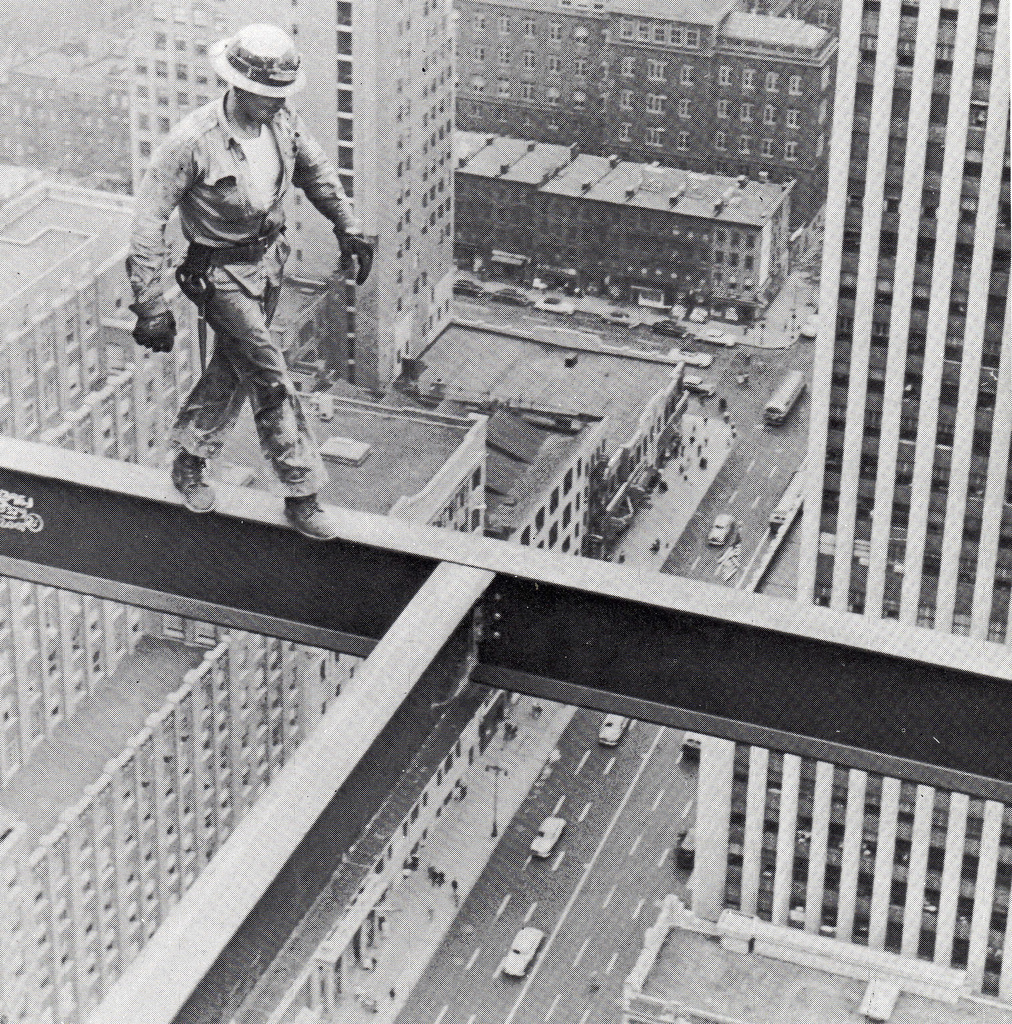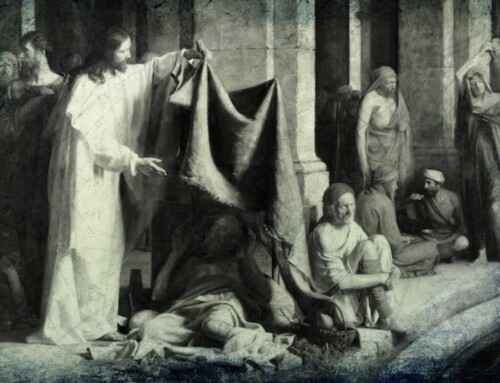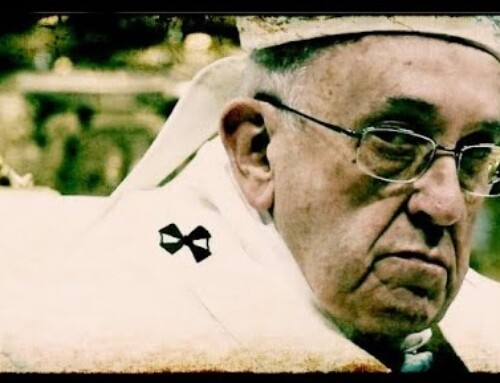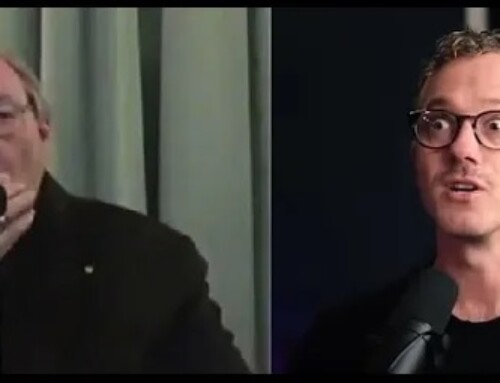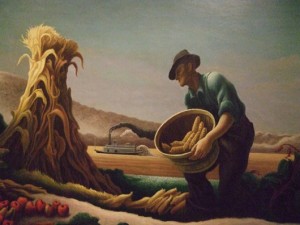
Thomas Hart Benton
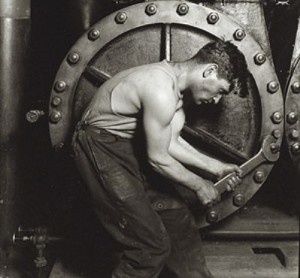
Lewis Hine
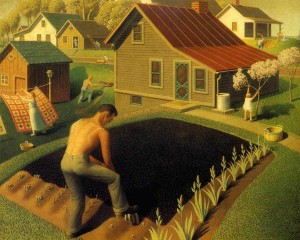
Grant Wood
Mike Rowe, the guy from the television show Dirty Jobs, wrote a letter to Presidential Candidate Mitt Romney, in which he rather eloquently shared his views on the American work ethic. The current job-less rate and under-appreciation in the US populous for labor intensive work or menial jobs he correctly connected to the over-specialization in education and the abandonment of occupational training. Rowe wrote: “We have embraced a ridiculously narrow view of education. Any kind of training or study that does not come with a four-year degree is now deemed ‘alternative.’ Many viable careers once aspired to are now seen as ‘vocational consolation prizes,’ and many of the jobs this current administration has tried to ‘create’ over the last four years are the same jobs that parents and teachers actively discourage kids from pursuing. (I always thought there was something ill-fated about the promise of three million ‘shovel ready jobs made to a society that no longer encourages people to pick up a shovel.)” As a former high-school History teacher, I worried about students, predominately males, who could not have cared less about what was going on in England during the Industrial Revolution. I talked about my concerns with some older and more experienced teachers, and they all bemoaned the near absence of work-related/vocational classes for these bored young men. Although I loved teaching History, I also wondered whether we were all doing a great disservice to these boys whose talents were not being nurtured. I thought: Does everyone have to go to college? As a student of Medieval History, I started to look back to the apprentice systems and the honor given to craftsman and various occupational guilds. Shouldn’t we go back to that?
Only we do not have to travel that far back in time to find instances when the sweat of the body appeared during activities that didn’t take place in a health club. One of my favorite periods in American Art was the time occupied by the Regionalists or Rural Movement. The most famous artists being: Thomas Hart Benton, Lewis Hine, and Grant Wood. They celebrated the common working man, primarily in the Mid-West and in the major Eastern cities, during the height of the Great Depression when destitute farmers where flooding West and into the overcrowded urban centers. But they did not focus on the overwhelming poverty of the times, but chose rather to reveal the overpowering grace and beauty in work. This would be a rare instance, for as soon as the World War II generation returned home, their children, the more affluent baby-boomers, flooded into colleges and universities, sparking the onset of yuppie-dom, the counter-culture, and the sexual revolution. The elegance of the Depression era works are a definite contrast to the pornographic destruction done to the male body by Andy Warhol in the 60s. Then, the overly cerebral and neurotic Dustin Hoffman in The Graduate replaced Gary Cooper as the new cultural hero. Now, current ideas of American manhood are epitomized by the ephebic Ryan Seacrest, Neil Patrick Harris, and Sheldon Cooper. Mike Rowe, and Dirty Jobs, with perspectives of quality still intact, is in line with the American idea of manliness that is frontier-driven, but not oafish. It’s Lewis and Clark, the Pony Express, the tough brick-layers who built New York City, but it is also Frederic Remington, Jack London, and Neil Armstrong. It is something we should be proud of, and hopefully return to.
Here is the link to Mike’s letter:
https://www.mikeroweworks.com/2012/09/the-first-four-years-are-the-hardest
